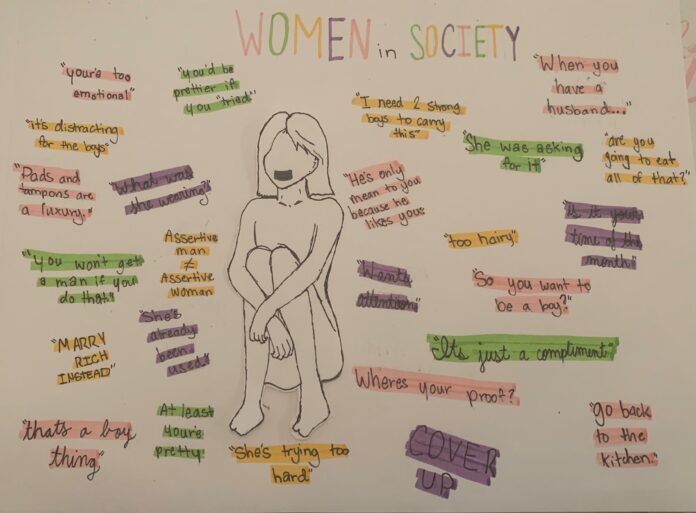This CNBC article sums it up well- women say they think men are better at math, like talking about money more, so that’s why they aren’t investing or talking about it- but also they don’t actually believe these things – what.
‘“The chief reason all women give as to why they’re not investing is that they think men are better at math,” Murphy said at a Financial Women’s Association event.
But research also shows that while half of affluent women feel men have more confidence in their investing ability, only a quarter think men are actually more skilled in investing.
There has to be more going on.’
https://www.cnbc.com/2015/02/11/an-investment-challenge-more-women-need-to-confront.html
Understanding what else is going on would be great. If it is too wicked of a problem, then at least understanding what helps would be good.
“
Do you understand that taking risk is not a bad thing?
We know women are risk averse on the job front, but they’re also risk averse on the investing front, despite the fact that women are living even longer lives and will likely outlive spouses, providing them with all the more need to be financially ready for retirement.
About one-third of affluent women say the stock market is “too risky” for them, according to a Wells Fargo study conducted in 2013. Even more striking is that as the wealth of these women has grown, so has their tilt toward preservation rather than growth: More than 60 percent say they have become more risk averse with their money.
Individual confidence seems to be a key factor in women’s comfort with the stock market: 49 percent of women who are not confident in investing say the stock market is too risky for them versus 23 percent for women who identify themselves as confident.”
Research from Bank of America found that as many as two-thirds of women grew up in households where money was not discussed openly. Wells Fargo found that two-thirds of confident women say they were “taught about investing by someone” versus just 39 percent of those who aren’t confident.




